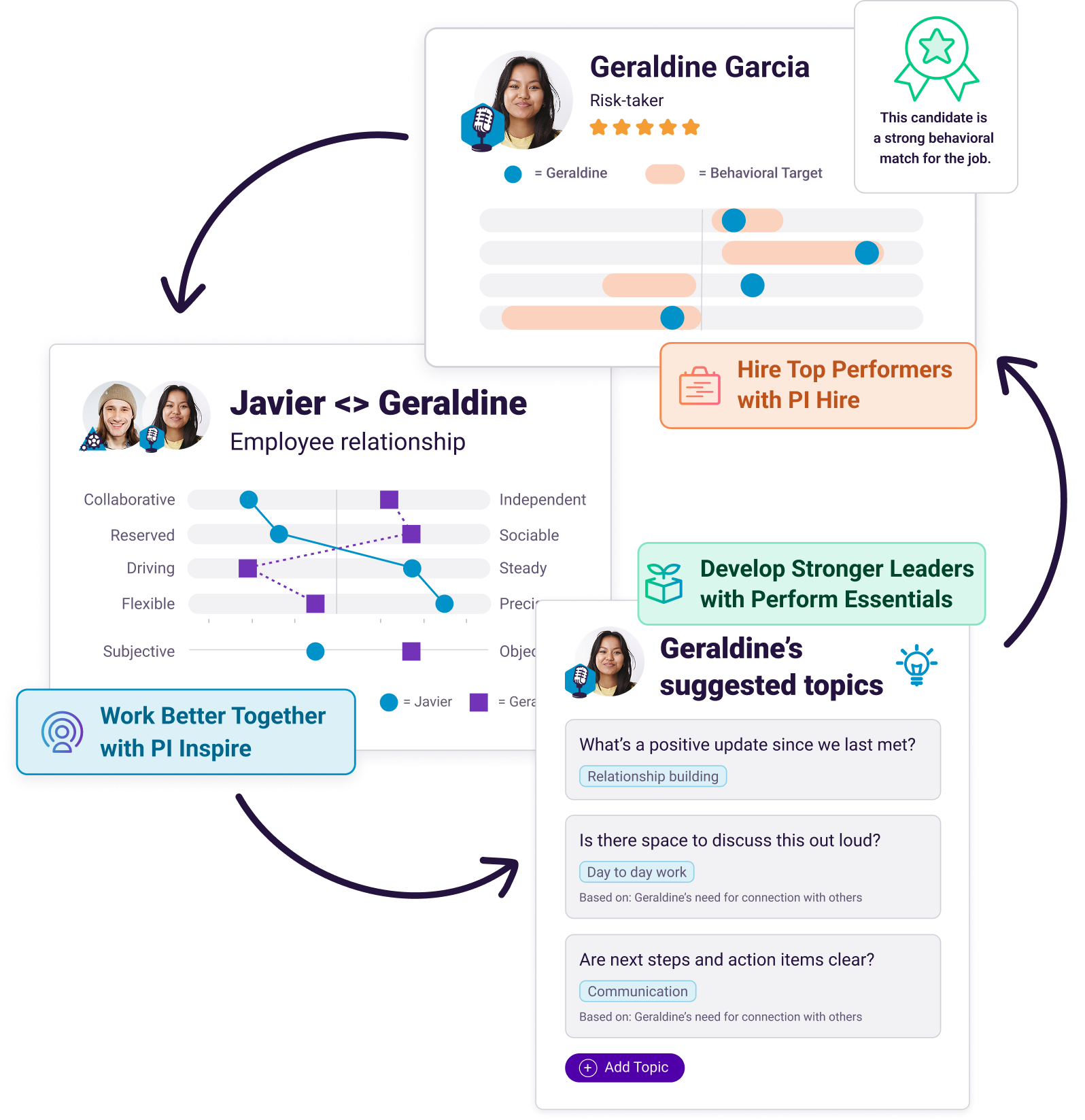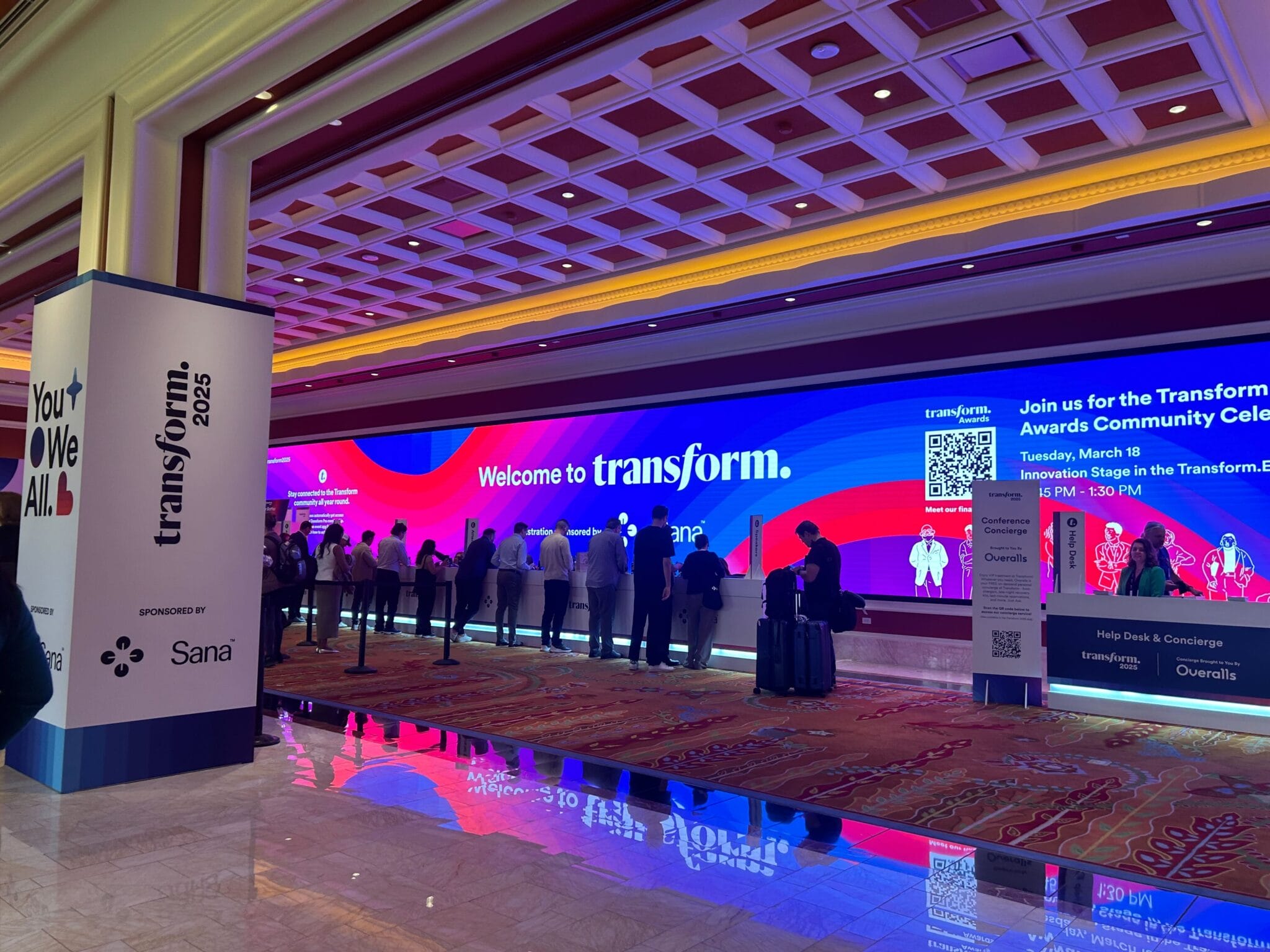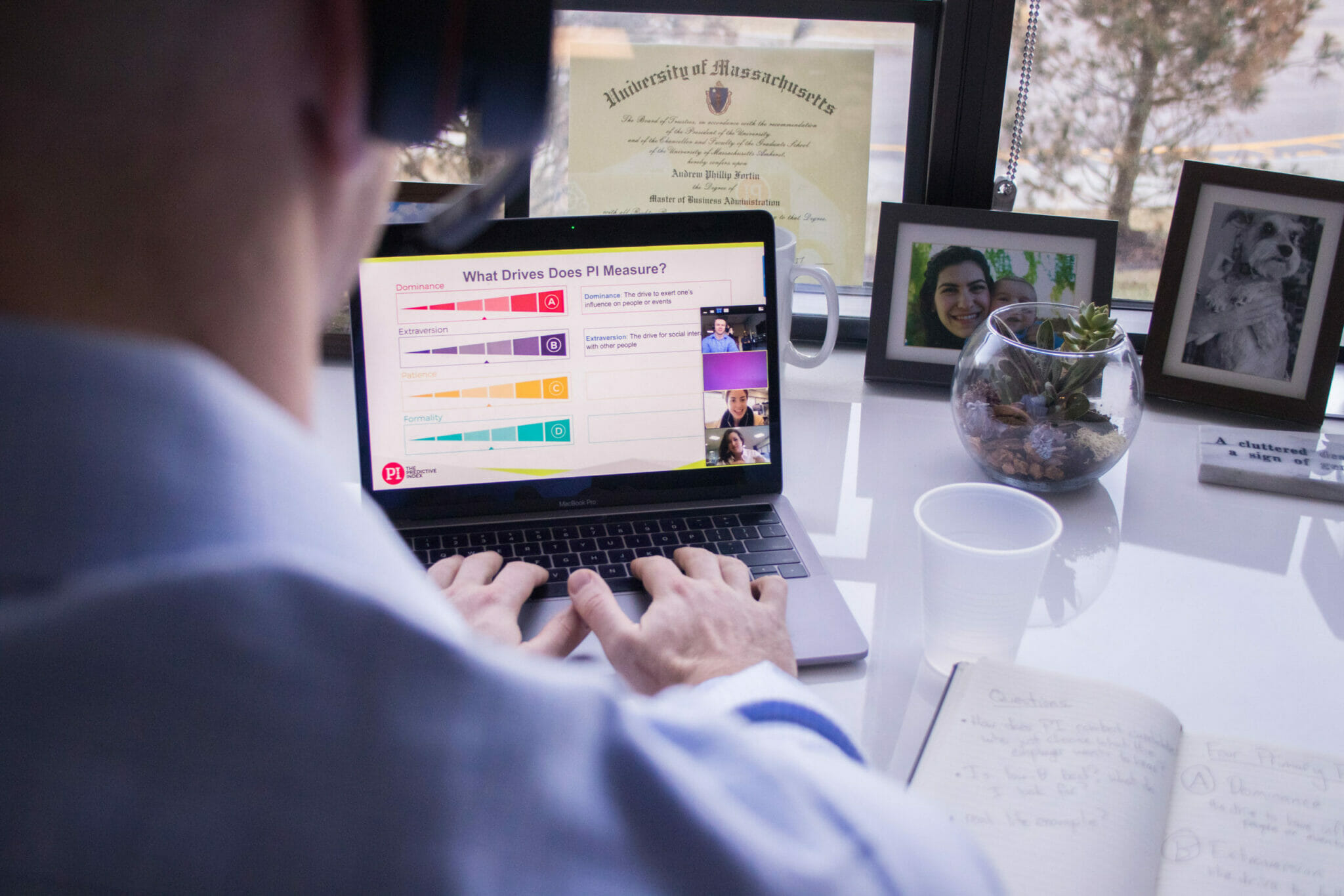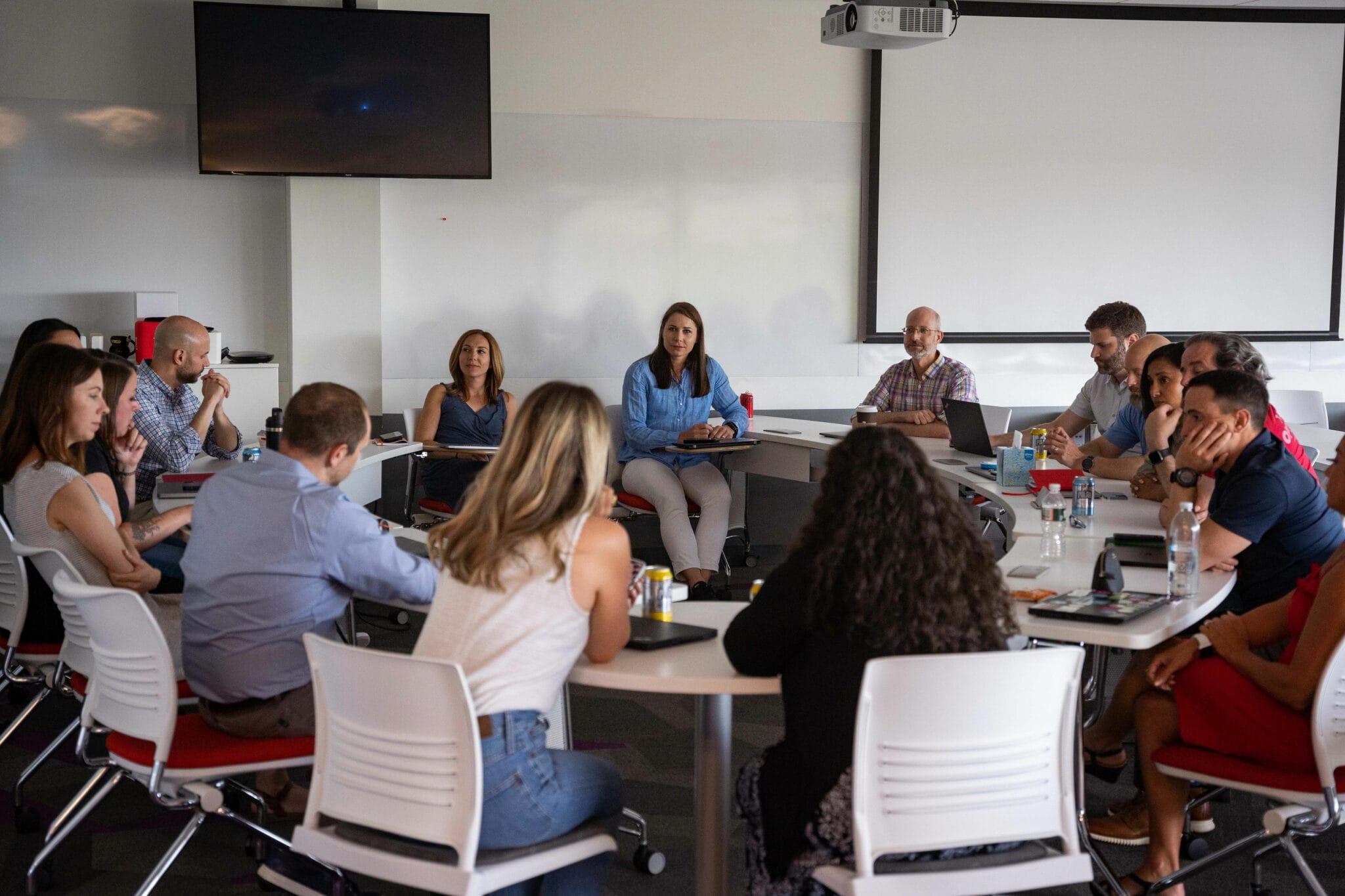Today’s hiring managers have their work cut out for them. People are leaving the workforce at record rates, and many are in no rush to return. No industry or position is immune, but sales roles can be especially prone to the turnover tailspin.
Good candidates are often scarce. And with employee retention a concern for any organization, accuracy is at a premium. You simply can’t afford mishires.
But there are ways to shorten the curve. Namely, behavioral data can help you identify the right fit for a role. And when you know what behaviors lead to success, you can hire with confidence.
You can often teach people skills; you’ll have less luck changing someone’s behavioral makeup. As you seek out that beast of a BDR, you’ll need to ask the right questions to find the right person.
We’ve got you covered. Wondering how to hire a top-performing sales BDR?
Start with custom interview questions that get right at the behaviors and competencies the role requires.
Let’s say your behavioral target indicates this person should be persistent, even-keeled, and a team player adept at working with large sets of data. Here are five questions you might ask to hone in on this target candidate:
5 interview questions to ask when hiring for a BDR
- Tell me about a time you overcame an unexpected obstacle with a key project.
- How might you cover for a coworker who overlooked a key task?
- Tell me about a time you wrote a detailed explanation for a new system or software you and teammates had to use.
- Describe a time when you were faced with numerous obstacles with little to no understanding of how to deal with them. How did you overcome these obstacles?
- How do you go about making a decision when you have an overwhelming amount of data and viewpoints to consider?
These behavioral interview questions can quickly confirm or deny your hunches. They’re designed to help answer a crucial question: Is this person who we think they are?
And since you’ve already identified your job target, a simple “yes” can dramatically reduce your time to hire.
The anatomy of a behavioral interview question
Let’s dissect each of the questions we’ve suggested for the BDR interview. None of these are random. They’re all crafted with purpose and care:
Tell me about a time you overcame an unexpected obstacle with a key project.
Pretty straightforward: You’re seeking to understand the candidate’s ability to adjust, and deal with adversity. Any BDR will need to handle objections, or perhaps deal with moving targets. Rejection and adversity are part of the deal. How will they deal?
How might you cover for a coworker who overlooked a key task?
This question gets at the candidate’s team orientation. After all, BDRs may spend a lot of time having 1:1 conversations, but they’re ultimately part of a larger sales engine. Can they spot where the process is getting bogged down – and better yet, can they quickly correct a misstep (theirs or someone else’s)?
Describe a time when you volunteered for something that didn’t fit your role.
You’re looking for more than a cog in the machine – you want someone who will learn and grow in this position. Some of that can be taught, and some of it is innate. This question allows the candidate to elaborate on their ambition, a key intangible trait you may find important to success in the BDR role.
Describe a time when you were faced with numerous obstacles with little to no understanding of how to deal with them. How did you overcome these obstacles?
Again, adversity is a part of the BDR’s everyday life. For better or worse, there will be times when they’re left to their own devices to troubleshoot something unexpected. This question is intentionally open-ended, but targets a specific, key competency: problem solving. You want to hear how they problem-solve, regardless of resources.
How do you go about making a decision when you have an overwhelming amount of data and viewpoints to consider?
You’ve asked about what they’ll do without enough information. But what about when they’re overwhelmed by too much info? It might happen, and when it does, you want a BDR who can sift through the sea of data, and discern what matters most.
How PI can help
No two interviews should be the same. Each candidate comes with a unique behavioral makeup, and if you’re doing your homework, those behaviors should align with the target you’ve established for the role.
PI Hire makes each step easier. Buoyed by scientifically validated assessments, our software gives you clarity throughout the hiring process.
Know the right fit for any role, and then nail that hire by tailoring your behavioral interview questions accordingly.








